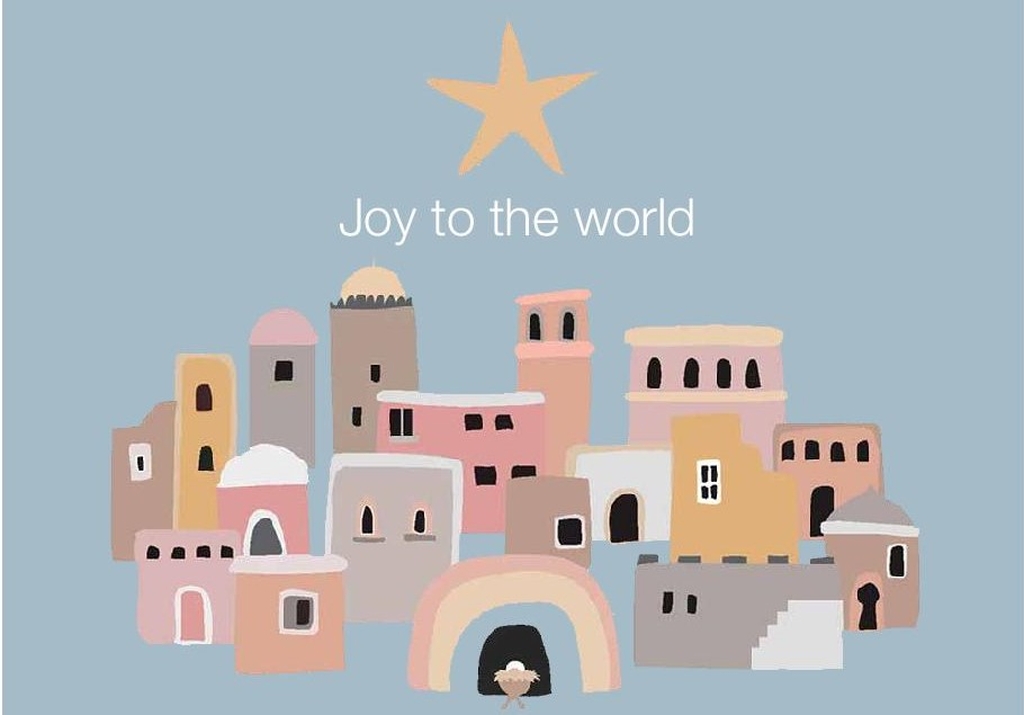Trinity 16: Ezekiel 18:1-4,25-32; Matthew 21:23-32
As a rule, I don’t choose the readings we have in church on Sunday. Mostly, I follow the lectionary, which is the list of readings on a three-year cycle which is used across the Christian church, all around the world.
I don’t have to follow the lectionary, it’s up to me, but I figure that cleverer people than me have gone to a great deal of trouble to work out this cycle of readings, and that they must have a good reason to have made these choices.
And I have to say, this week, the readings really work. Our Old Testament reading and the Gospel might seem to be very different – one is the voice of God, speaking through a prophet, the other is Jesus delivering a parable – but at their heart, each reading has the same core message.
And it’s this: what we do matters.
Take a look at the first reading, from Ezekiel. At the start of the third paragraph it says, “Therefore, I will judge you, O house of Israel, all of you according to your ways, says the Lord God.” And what the Bible means by ways, is actions, the things we do. God says God will judge us by the things we do.
And in the paragraph before we get it set out in a bit more detail – “When the righteous turn away from their righteousness and commit iniquity, they shall die for it”. Again, let’s unpack the biblical language– what this is saying is that it doesn’t matter how holy you are – it’s what you do that matters.
So in this reading from Ezekiel God reminds us that what we do has consequences – if the wicked turn away from wickedness, hurray, excellent consequences. But if the righteous turn away from righteousness, yeah, not so great. Because what we do matters. It matters to us, it matters to the people around us – and it matters to God.
And the parable that Jesus tells in our Gospel reading today says exactly the same thing. Here we have one person, the first son, who tells his father he won’t help him, won’t go the vineyard. Clearly a bad thing. Refusing to help your Dad – big no no. But in the end, in fact he does go, despite saying he wouldn’t.
The second son seems to be the good son. The one who says yes, seems to be ready to do what his father wants. But in fact, he doesn’t do it at all. He talks a good talk – but he doesn’t deliver.
There are really clear parallels between these two readings – both have the same central image, of the bad person who does good, contrasted with the good person who does bad. And in each case, what matters is what each person does – not what they say, not what they think, not what their past record was, but what they do.
And there is a crucial, crucial detail in both readings. In each case, there is a choice. A decision. In each case, the people involved make a choice – and that choice either moves them closer to God, or further away.
In the gospel reading, Jesus tells us that the first son changes his mind. In the moment, he says one thing – but then, on reflection, he changes his mind and does what the father asks after all. And that’s quite a powerful thing. It’s hard to change our minds, hard to accept that we said the wrong thing, made a bad call - even harder to suck it up and go and do the thing we said we wouldn’t.
In Ezekiel, the phrase that is used to describe this choice is “turn away”. The righteous turn away from their righteousness; the wicked turn away from their wickedness. Turning is a very important word – because of course, these people are not just turning away from something, but turning towards something else. The righteous person turns towards wickedness. The wicked person, however, turns their back on wickedness and turns towards God.
And this choice, this decision, this turning away from one thing towards another, is a really important part of why it is that what we do matters. Of course, it matters in many ways that we do the right thing – it matters that we help people, that we do what we say we will do, that we act in ways which benefit other people, that care for God’s people and God’s creation.
But it also matters that we choose. That over and over again we choose. Because when we choose to do the right thing, we turn ourselves towards God. When we choose to turn away from the bad things, we choose to turn our faces to God. And in doing that, we allow ourselves to be drawn closer to God.
And isn’t that what we all want, really? To be drawn closer to God? Because God is everything we want. God is love, and light, and life.
Let’s turn, then. Hard as it sometimes is, let’s turn. Let’s make the choice, over and over, to turn to God, to do the right thing, to follow Jesus. Let’s allow ourselves to be drawn closer to God. To live in God.
As it says at the end of today’s reading from Ezekiel – let’s turn, then. And live.
Amen










